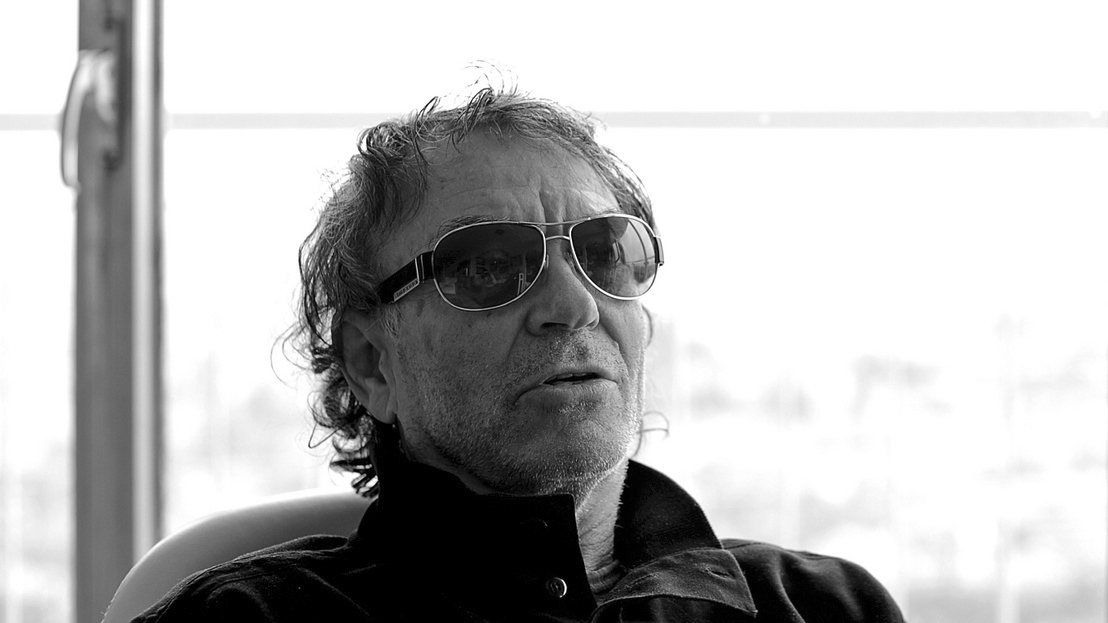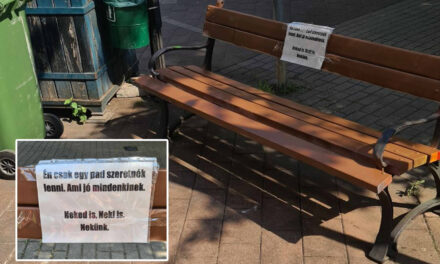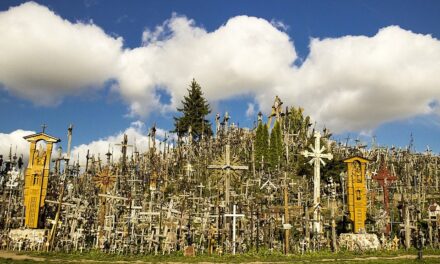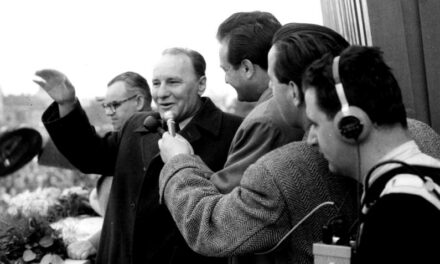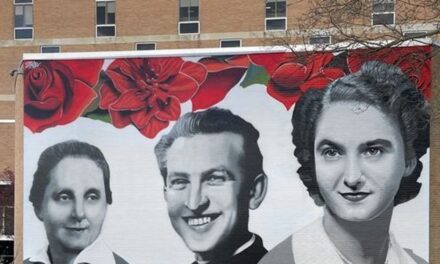György Dobray died at the age of eighty-two, the family informed Index. The Béla Balázs award-winning film director, producer, cinematographer, writer, screenwriter died on August 28, 2024, after a long illness.
György Dobray was born on March 8, 1942. After graduating from high school, in 1961 he was admitted to the cinematography department of the College of Theater and Film Arts, where he received his diploma in 1965.
His first films as a director were documentaries, such as Munkashow, with which he won the grand prize of the Miskolc Documentary Film Festival in 1971. After that, he directed a lot of literary and documentary films for Hungarian Television as an outsider, and in 1979 he was able to make his first feature film, The Sacrifice.
He has several film successes from the 1980s, such as Blood Contract and Love to First Blood, which was shortly followed by Love to Second Blood. The latter two productions, also known as Hungarian House Parties, became the defining film experience of a generation - alongside the best of the Hungarian theater world, amateur actors (Mariann Szilágyi, Beri Ary) played the main roles.
Movies about prostitution
In 1988 and 1989, the documentaries AK - Film about prostitutes (Rákóczi tér) and K2 - Film about prostitutes (night girls), which gave an insight into domestic prostitution, caused a great response. The history of AK and K2 was also written in a book by György Dobray, both volumes set sales records.
Szandi, the singer, played the main role in the 1991 feature film Szerelmes szívek. His 2005 documentary, Golyamese, which deals with the story of an adoption, was shown at several festivals and won the award for best documentary direction at the 37th Hungarian Film Review.
Stumbling blocks and the Roma Holocaust
György Dobray worked until the end of his life. His 2021 documentary Stones parallels how a German artist places stumbling blocks in Hungarian cities in memory of the victims of the Holocaust, and how a team of international volunteers restores graves in domestic Israeli cemeteries. In an interview with Film.hu, he explained why he connected the two and why he became interested in the topic of the Holocaust.
My father was taken to labor service when I was one and a half years old, we never heard from him again, and I didn't know anything about him beyond the fact that my mother received a notification that he had been killed somewhere in Russia. For some reason we avoided this topic in my childhood and later, my mother never told me about it, I didn't ask her. While filming Kövek, I realized that I am not alone in this, there are many people whose relatives died in the Holocaust, but they never talked about it in the family. This is somehow a trauma that a person buries deep within himself. This suddenly burst out of me, the moment came when I felt that it was finally necessary to talk about it
he said in the interview.
It was made by Habiszti in 2023 - Just for that! documentary entitled Habiszti - Just for that reason we live and dance! presents the rehearsal process of the dance production. In the film, 16-year-old Attila, like other teenagers, plays the guitar and raps in his spare time. At the well-known singing school in Józsefváros, their multifaceted talent is noticed, and from there a direct path leads to the dance class of an art high school, where their group prepares for a special, high-level performance: a choreographer creates a dance production about the Roma Holocaust. The protagonist of the choreography will be Attila, the gypsy boy. The film, which follows the boy's struggle to assert himself, was presented at last year's Verzió Documentary Film Festival.
Featured image: György Dobray on February 20, 2012. Photo: Dániel Ránki / Index

